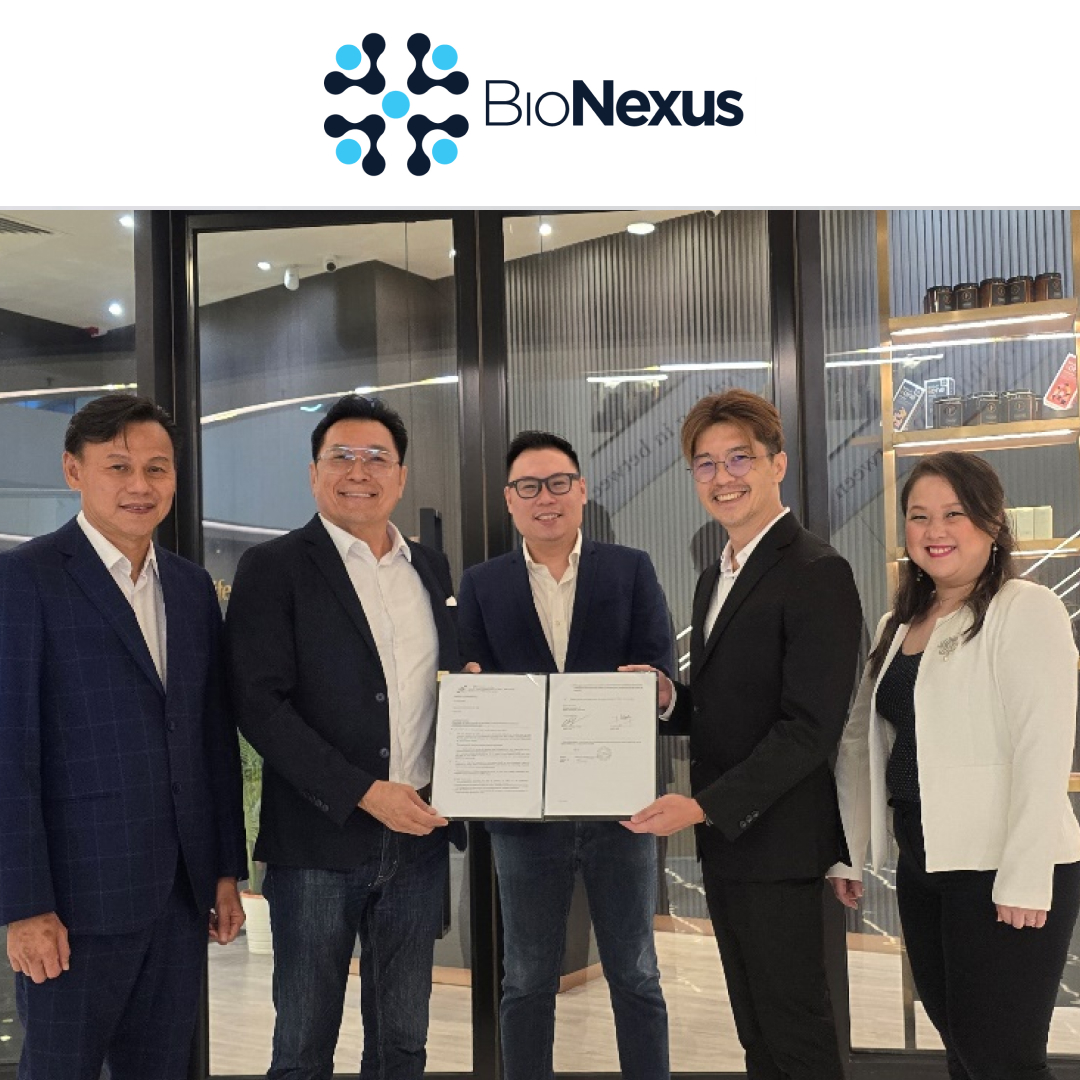
Bayer, a global life science company, has unveiled a groundbreaking agricultural system for direct-seeded rice (DSR) that has the potential to significantly reduce greenhouse gas emissions and water usage in rice cultivation. This innovative system, introduced on UN World Food Day, aims to transition farmers in India and the Philippines from traditional transplanted puddled rice methods to DSR, which can reduce water consumption by up to 40% and cut greenhouse gas emissions by up to 45%. The DSR approach also offers a solution to the challenges of manual labor shortages. Bayer’s ambitious plans include bringing DSR to one million hectares in India by 2030, supporting smallholder farmers, and further expansion into the Philippines. This development aligns with Bayer’s commitment to regenerative agriculture and sustainable food production.
Bayer plans to bring direct-seeded rice to one million hectares, supporting two million early adopter-smallholder farmers and their families in India by 2030 and expand to the Philippines starting 2024 / Potential to transform India’s rice production: 75 percent of total rice cultivation area expected to shift to direct-seeded rice practices by 2040 / Benefits of direct-seeded rice in comparison to transplanted puddled rice cultivation: Less water use (up to minus 40 percent), reduced emissions of greenhouse gases (up to minus 45 percent), removal of reliance on manual labor availability (up to minus 50 percent)
On UN World Food Day, Bayer announced the introduction of its direct-seeded rice (DSR) system at the 6th International Rice Congress in Manila. Moving from transplanted puddled rice cultivation to direct-seeded rice can help farmers to reduce water use by up to 40 percent, greenhouse gas emissions (GHG) by up to 45 percent and reduce farmers’ dependence on scarce and costly manual labor by up to 50 percent. The introduction of the DSR system is fully in line with Bayer’s recently announced approach to regenerative agriculture which will enable farmers to produce more while restoring more.
Driven by these advantages, DSR has the potential to be transformational with 75 percent of total rice fields in India expected to switch to this cultivation method by 2040, in comparison to roughly 11 percent today. By 2030, Bayer plans to bring the DSR system to one million hectares in India, supporting over two million early-adopter smallholder rice farmers through its DirectAcres program.
Already underway, DirectAcres has seen considerable success with 99 percent of indian farmers achieving successful plant establishment and 75 percent a higher return on investment compared to rice grown using the conventional transplanted method. Bayer plans therefore to introduce DirectAcres in other rice growing countries in Asia Pacific, starting with the Philippines in 2024.
“We are building entire systems based on regenerative agriculture practices that create value for farmers and nature alike and that help address the issue of global food security,” said Frank Terhorst, Head of Strategy & Sustainability at Bayer’s Crop Science division.
“Direct-seeded rice is an excellent example of a system that holds huge potential to create a positive impact going forward.”
A system combining seeds, crop protection and digital solutions
Traditionally, rice farmers first grow seedlings in nurseries before transplanting them in ploughed, levelled and flooded paddy fields. Over the subsequent months the water level must remain constant to ensure that the plants establish and grow. Shortly before the harvest the farmer drains the field. Some 80 percent of the world’s rice crop is today produced using this method.
Now, using advanced R&D capabilities, Bayer is designing climate-resilient rice hybrids with higher yields that can be sown directly in the soil and bred specifically for the different farm environments. By removing the standing water, machinery can perform much of the otherwise time consuming and arduous, manual farming practices. The reduced dependence on excess water – used partly to prevent weeds – means access to crop protection solutions will be key to the transformation. To address this, Bayer is developing new crop protection solutions including a new rice herbicide to ensure a successful and durable weed management program for the direct-seeded rice system.
Additionally, smallholder farmers are supported by Bayer’s digital platform FarmRise which gives farmers access to advisory services, necessary machinery, other inputs and services and with a longer-term aspiration to provide rice farmers with data-driven insights to empower them to make better agronomic decisions. FarmRise also connects smallholders to the company’s Carbon Program enabling them to earn additional revenues as they reduce emissions.
Huge potential to reduce environmental impact
The world’s third-largest crop, rice, sustains more than half the global population. With global population expected to grow to 10 billion by 2050, it is estimated that rice production will need to increase by 25 percent in this same timeframe to meet demand and keep prices stable. At the same time rice is an important contributor to climate change. It is estimated that rice production contributes to 1.5 percent of total global GHG emissions, 12 percent of methane emissions and consumes up to 43 percent of the world’s total irrigation water. Grown by 150 million smallholder farmers worldwide, 4,000 to 5,000 liters of water are needed to produce one kilogram of grain using transplanted puddled rice cultivation methods.
DSR has the potential to change this by reducing the water use and the GHG emissions created by methane emitting bacteria that thrive in the standing water. The reduction of on-farm manual labor – through mechanization – addresses the issue of continous labor shortage in the Indian countryside due to rapid urbanization. This has been recently confirmed in the Farmer Voice study supported by Bayer: 22 percent of Indian smallholder farmers see labor costs as one of the biggest challenges to their operations.
“The need to come together to shape more economically viable and sustainable rice cultivation systems has never been so pressing,” explained Mike Graham, Head of Breeding at Bayer’s Crop Science Division. “Our direct-seeded rice system will help smallholder rice farmers adapt to, and mitigate, climate change while running profitable businesses, improving their own and community’s social well-being.”
Ecosystem of experts to transform rice cultivation at scale
The transformation of rice production is an ambition that is vast in size, complex and will require a concerted and collaborative effort by the entire industry, food chain and beyond in order to advance adoption and bring to scale. To this end, Bayer is working alongside the International Rice Research Institute (IRRI) and has participated in the Direct Seeded Rice Consortium (DSRC) for many years. Just last year at COP27, Bayer announced together with IRRI and the U.S. Agency for International Development (USAID) a partnership to improve the quality of life of smallholder rice farmers through the introduction, on-farm testing and scaling of improved, climate-smart rice varieties and agronomic practices.
“Partnerships across the agriculture value chain will play a crucial role in bringing regenerative agriculture solutions to scale,” added Frank Terhorst. “Only by creating an ecosystem of experts across the private and public sector will we be able to advance adoption and make the best innovation, tools and services widely accessible.”
At the 2023 UN Water Conference, Bayer committed to improving water use by 25 percent per kilogram of rice produced by its smallholder farmer customers enrolled in the DirectAcres program by 2030. Bringing direct-seeded rice to one million hectares by 2030 also contributes to the company’s sustainability goals of reducing customers’ on-field GHGs per kilogram of crop produced by 30 percent and empowering 100 million smallholder farmers to sustainably increase their productivity, improve the quality of their produce and enhance their livelihoods.
About Bayer
Bayer is a global enterprise with core competencies in the life science fields of health care and nutrition. Its products and services are designed to help people and the planet thrive by supporting efforts to master the major challenges presented by a growing and aging global population. Bayer is committed to driving sustainable development and generating a positive impact with its businesses. At the same time, the Group aims to increase its earning power and create value through innovation and growth. The Bayer brand stands for trust, reliability and quality throughout the world. In fiscal 2022, the Group employed around 101,000 people and had sales of 50.7 billion euros. R&D expenses before special items amounted to 6.2 billion euros. For more information, go to www.bayer.com.






